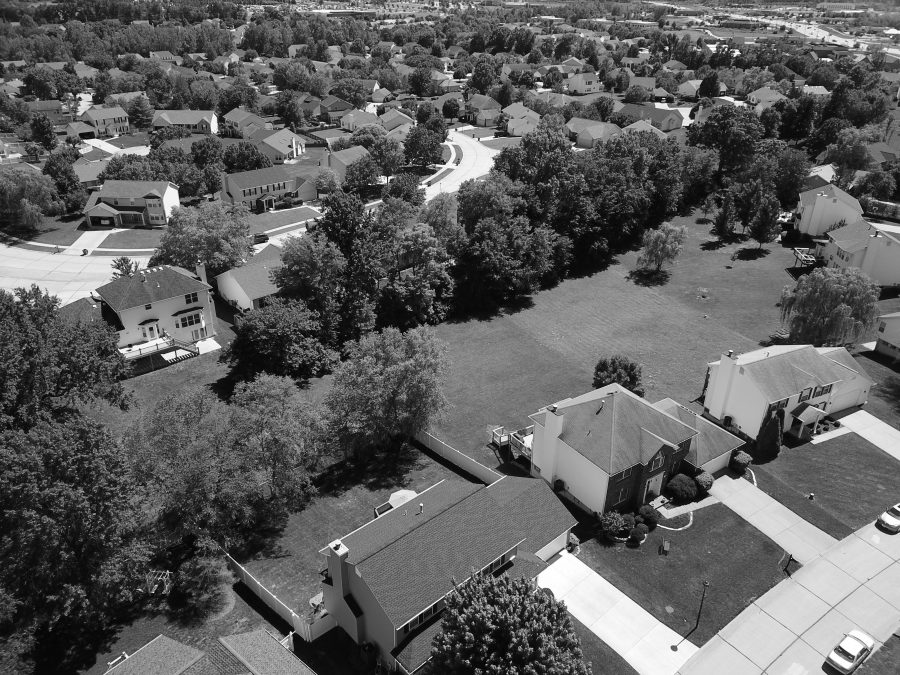Against a backdrop of Westminster turmoil, the British economy has proven itself to be more robust than many predicted. But with many expecting a global economic downturn, it’s difficult to quantify the impact the current uncertainty is having on the economy.
However, for the 9.3 million people who live in rural Britain, the hard work continues. Farmers are completing their harvests and with No Deal looming are now left to ponder where their future markets are likely to be. Small rural businesses are still investing, but are increasingly wondering where their future customers will come from.
For many, the UK economy is defined by financial services in London, or manufacturing in industrial towns and cities. But as the Prime Minister himself said during the Tory leadership contest, the countryside is key to kick starting the economy post-Brexit.
The rural economy is dynamic and a catalyst for change, generating some £320 billion in Gross Value Added each year in the UK – including £246 billion in England alone.
There are 500,000 rural businesses in the UK, and our analysis at the Country Land and Business Association indicates 25% of them will be under threat in a No Deal Brexit situation, particularly if they fail to diversify. For some this is possible, for many though, there is not enough time for such a fundamental shift.
If Boris Johnson is to deliver on his promises, and if rural businesses are to survive in the economic climate that may lie ahead, he must unlock the vast untapped potential of rural Britain. The countryside, after all, is not just a holiday destination for burned-out Londoners, but a place of graft, dynamism and entrepreneurship.
First, we need better connectivity. In this there is a chasm between the cities and the countryside, and closing it could deliver enormous benefits for the countryside and rural communities. Nearly half a million homes (496,000) in rural areas have poor or slow broadband, and unlocking the ‘digital potential’ of rural areas could add at least £12 billion to the national economy. As it is, many entrepreneurs and workers must move to the city for the sake of their careers, and that is to the detriment of almost every aspect of rural life. By improving connectivity in rural areas we can unleash economic potential, while preserving the health of their communities. In areas blighted by deprivation we can create jobs, and make rural living viable for young families.
We need more rural housing, and we need to let our business people build it. The shortfall in affordable housing in rural communities has substantial implications for equality, social cohesion and the wider countryside economy. To encourage talent to move to these communities, and to retain the talent already there, we must build well designed and sited homes people can afford. Rural business owners can help us to achieve this: they are entrepreneurs who want to build, but are held back by bureaucracy and a planning and tax system that fails to incentivise the massive step change needed to resolve this issue.
The weaker pound, tighter household budgets and rising concerns over climate change mean holidaying in the UK is increasingly popular. Offering accommodation is often the simplest way for rural businesses to diversify their operations and become more financially robust. There is a huge potential market – Visit Britain expects the industry to be worth £257 billion a year, or 10% of GDP, by 2025 – but to encourage as many people as possible to stay in our beautiful countryside we need coordinated campaigns and marketing activity, and a more coordinated campaign at a local level to support the visitor economy.
Given the growing challenge that faces our nation going forward, we would be wise to harness the latent potential of rural businesses and their entrepreneurial owners. Our question, then, should not be, ‘What does rural Britain need from the country after Brexit?’ but rather, ‘What does the country need from rural Britain?’ With the potential not just to feed the nation, but to power our economy, house our communities and ensure we can all go on holiday, the rural economy’s impact should not be underestimated.








